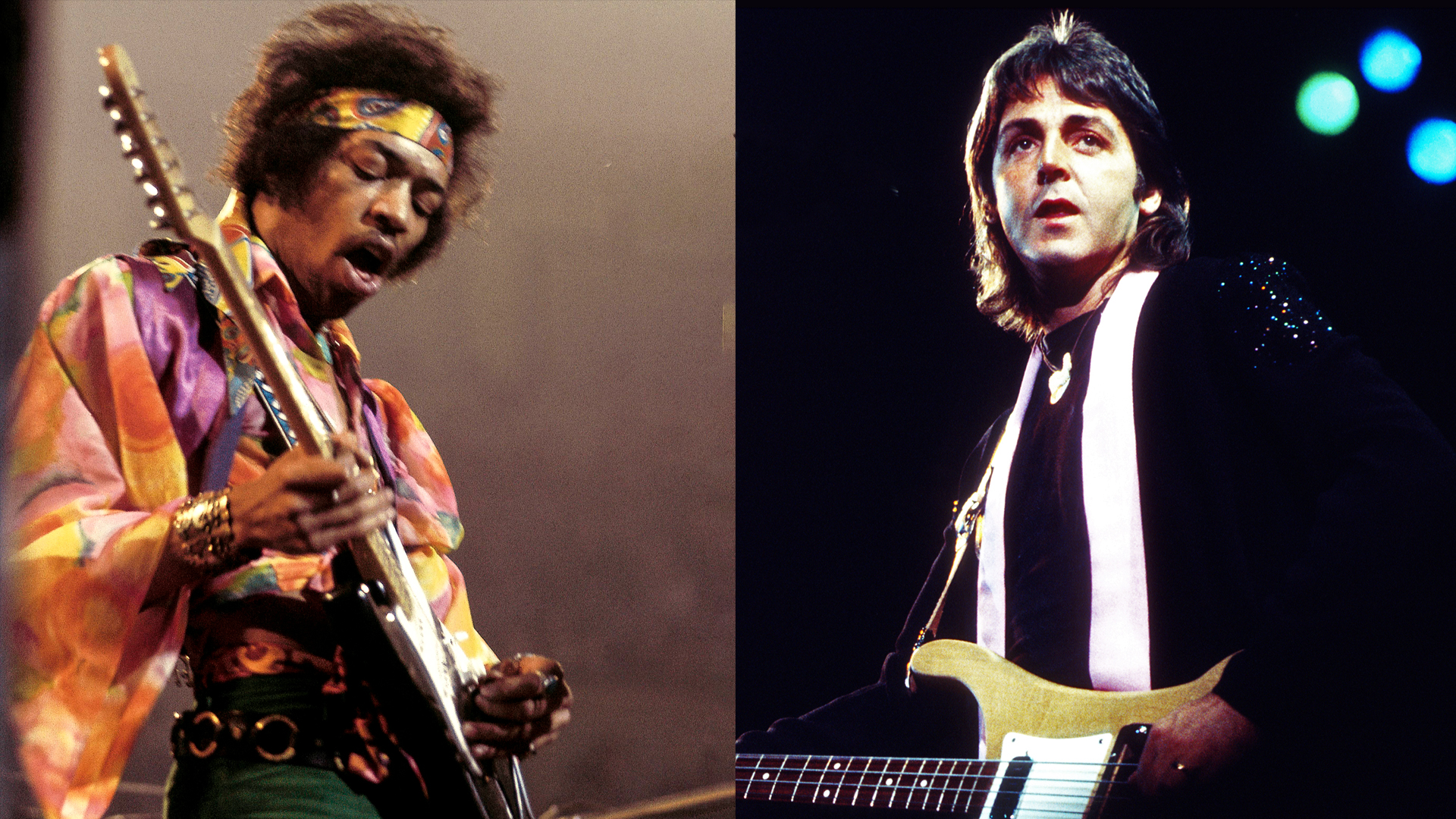“I had to audition with this horrible black, Japanese Les Paul, and it started to fall apart, right in front of everybody's eyes." Scott Gorham on his worst guitar moment with Thin Lizzy and the mod he's made to every Les Paul ever since
The guitarist explains that he'd sold his better guitar to Supertramp’s Roger Hodgson

Scott Gorham revealed how a troublesome guitar led him to make a simple modification to every Gibson Les Paul he’s played since. The defining moment came, no less, at his audition for Thin Lizzy in 1974.
Gorham was born in America, but in 1973 set out for England on the advice of his brother-in-law, Bob Siebenberg, who was drumming for Supertramp. As Gorham tells That One Guitar, he arrived with two guitars he’d purchased with money earned from various odd jobs: a Fender Stratocaster and a no-name Japanese Les Paul.
Unfortunately, Gorham didn’t land a spot in Supertramp. When the expense of living in London became too much, he was forced to sell the Fender.
“My cash vacated my wallet really quickly,” he explains. “And the only asset I had was the Fender, right?"
To his good fortune, he quickly found a buyer: Supertramp’s Roger Hodgson. “So any guitar that you hear on a Supertramp album, that's that Fender Stratocaster,” Gorham attests.
But as a result, when the opportunity to audition for Thin Lizzy arrived in 1974, Gorham had only the Les Paul copy to perform with. Bassist Phil Lynott and drummer Brian Downey were holding trials at the Iroquo Country Club in London, where Gorham fought it out with other hopefuls.
“I had to go to the audition with this horrible black, Japanese Les Paul-ish guitar that, really, on the day, started to fall apart, right in front of everybody's eyes,” he says. “Which was very embarrassing.”
All the latest guitar news, interviews, lessons, reviews, deals and more, direct to your inbox!
During the audition, the screws from the pickguard came undone and the plate “went dangling down,” he says. “Both Phil and I, we were both on our knees trying to find this damn screw. And I said, 'Ah, forget it.' And I just ripped the scratchplate off."
As everyone knows, Gorham won the audition and went on to use better guitars, including a couple of real Les Pauls. But after the audition, he made one modification to every example of the model that he's played.
"Afterwards, I looked at that guitar, I went, 'You know, that looks so much better without the scratchplate,” he says. “So every Les Paul I'd had after that, if it had a scratch plate, that was the first thing that went. I took that scratch straight up because I love that shape of the Les Paul. And I just thought the scratch plate ruined it."
As Gorham recently told Guitar Player, acquiring a real Les Paul — a Deluxe — made all the difference. But it wasn’t until he bought a Les Paul Standard that he felt he had the perfect setup.
“I had always been waiting for the day when I could get enough money for it. I felt like I was suffering with the Deluxe,” he adds with a laugh, referring to his previous model of guitar. "By the time we had done Nightlife, in 1974, I was able to get my hands on all the things I wanted and got things dialed in."
Christopher Scapelliti is editor-in-chief of GuitarPlayer.com and the former editor of Guitar Player, the world’s longest-running guitar magazine, founded in 1967. In his extensive career, he has authored in-depth interviews with such guitarists as Pete Townshend, Slash, Billy Corgan, Jack White, Elvis Costello and Todd Rundgren, and audio professionals including Beatles engineers Geoff Emerick and Ken Scott. He is the co-author of Guitar Aficionado: The Collections: The Most Famous, Rare, and Valuable Guitars in the World, a founding editor of Guitar Aficionado magazine, and a former editor with Guitar World, Guitar for the Practicing Musician and Maximum Guitar. Apart from guitars, he maintains a collection of more than 30 vintage analog synthesizers.
